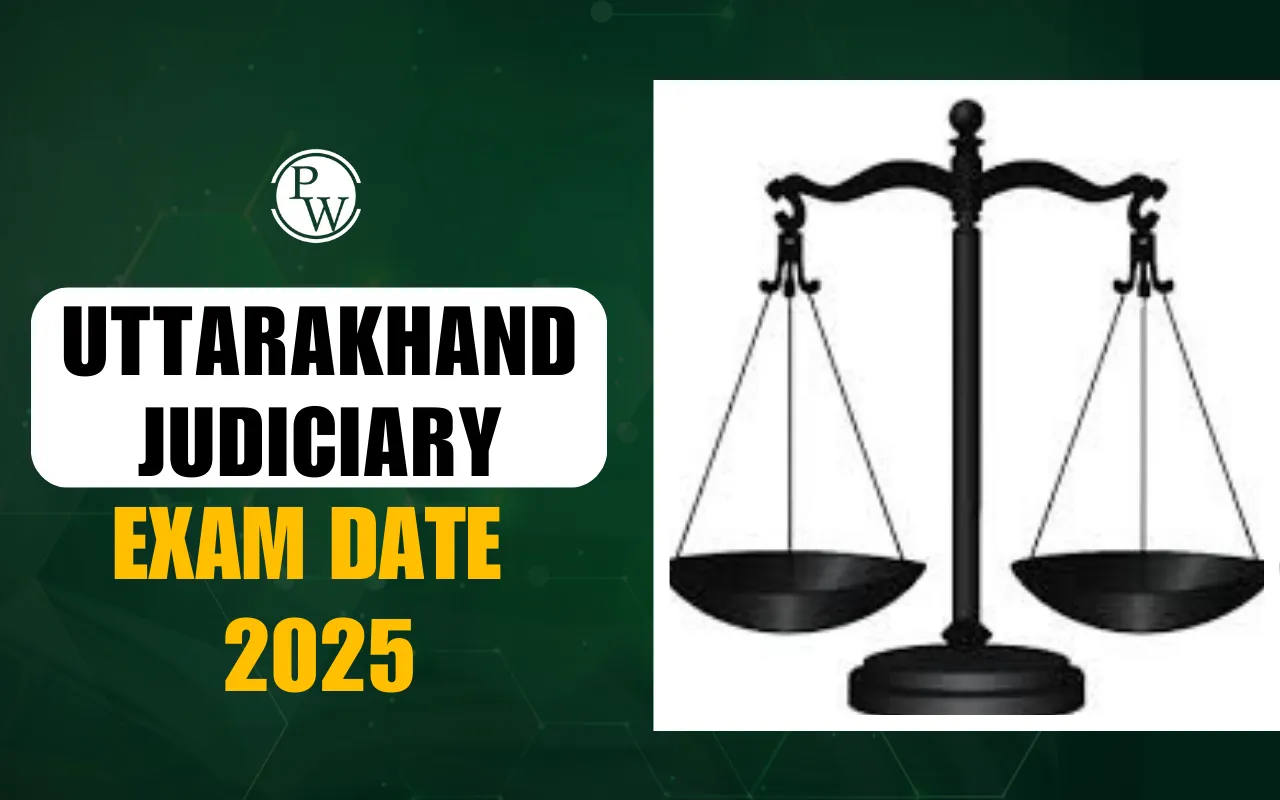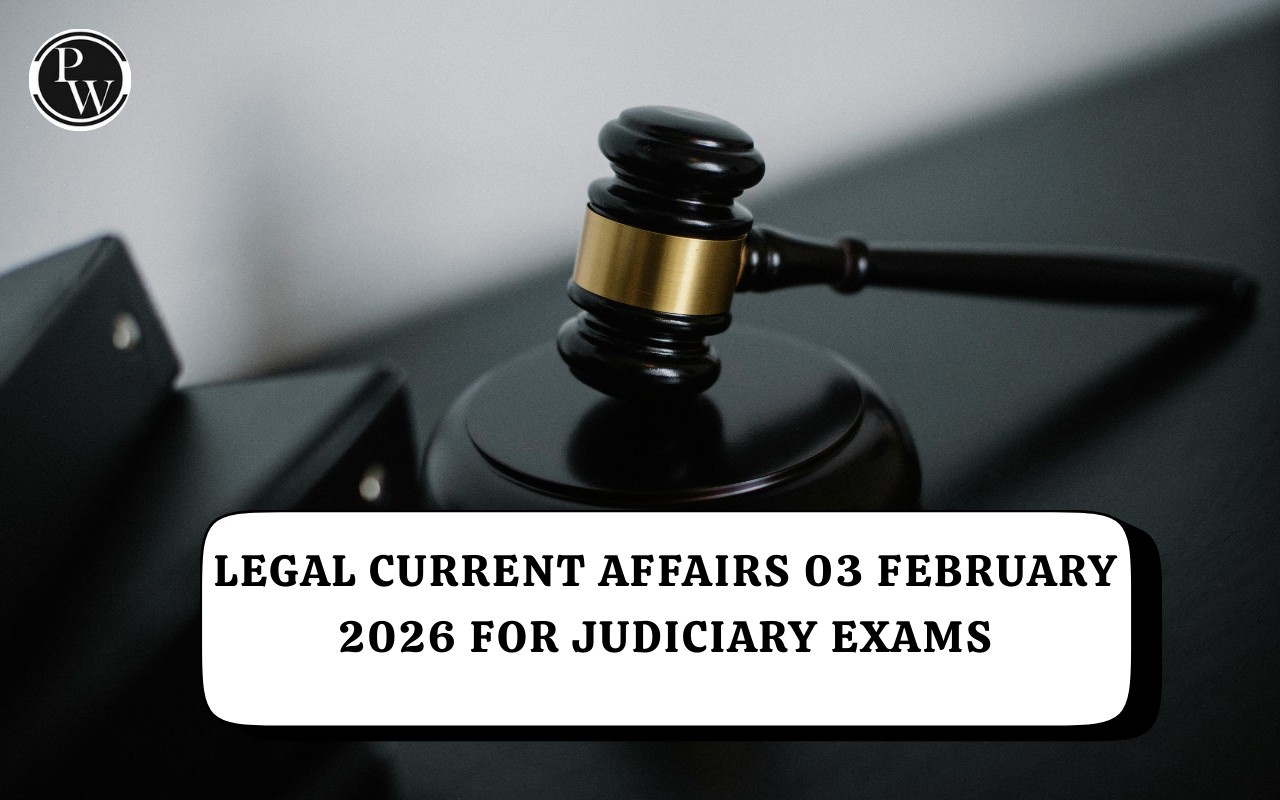
Transfer of Property Act 1882: The Transfer of Property Act 1882, is a pivotal legislation in Indian property law, introduced during the British Colonial Rule to provide a structural legal framework for property transactions. Prior to this enactment, property transfer in India was governed by a mix of customary practices, regional laws, and British Legal Principles. The ACT was signed to create uniformity and clarity in property dealings, addressing the complexities and inconsistencies that arose from these diverse practices.
Over time, the Act has evolved through amendments and judicial interpretations to address emerging legal issues and adapt to changes in the socio-economic landscape. Its principles have influenced subsequent property-related legislation and continue to play a crucial role in shaping property law in India.What is the Transfer of Property Act 1882?
The Transfer of Property Act 1882 , is a significant piece of legislation in India that governs the transfer of property rights from one person to another. It outlines various modes of property transfer, including sale, mortgage, lease, gift, and exchange. It specifies the requirements and legal formalities for each type of transfer. The Transfer of Property Act 1882 deals with the rights and obligations of properties involved in property transactions, including issues related to the transfer of property rights, the validity of transfers, and the protection of bona fide purchasers. It is designed to provide clarity and predictability in property transactions, aiming to facilitate smooth and fair dealings.Key Benefits & Sections of the Transfer of Property Act 1882
The Transfer of Property Act 1882 is categorized into eight chapters in Judicial Exams . Each chapter deals with different aspects of property transfer. Their application is crucial in defining and resolving property disputes in Indian Legal contexts. The table below gives a summary of the Key Provisions & Sections of the Transfer of Property Act 1882.| Chapter | Sections Included | Details |
| Chapter I | Sections 1-4 | Preliminary provisions include definitions, commencement, extent, and short title. |
| Chapter II | Sections 5-53A | Transfers of Property by Act of Parties. It includes the operation of transfer, what may be transferred, and competent persons. |
| Chapter III | Sections 54-57 | Sale of Immovable Property, liabilities of buyers and sellers, rights, and covering conditions. |
| Chapter IV | Sections 58-104 | Mortgages of Immovable Property and Charges, including types of mortgages, and rights and liabilities of mortgagors and mortgagees. |
| Chapter V | Sections 105-117 | Leases of Immovable Property, including the creation, duration, definition, and termination of leases. |
| Chapter VI | Sections 118-121 | Deals with Exchanges, outlining the rights and liabilities of parties involved in exchanges. |
| Chapter VII | Sections 122-129 | Gifts, describes the rules and conditions for the transfer of property as a gift. |
| Chapter VIII | Sections 130-137 | Transfers of Actionable Claims, detailing the mode and effect of transfer. |
Types of Transfer Under the Transfer of Property Act, 1882
Under the Transfer of Property Act of 1882, five primary types of property transfers are recognized. These are explained below.
- Sale
- Mortgage
- Lease
- Gift
- Exchanges
Transfer of Property Act 1882: Movable Property And Immovable Property
The Transfer of Property Act 1882 , categorizes properties into Movable, and Immovable Property. Each possesses distinct characteristics and legal implications. They are defined as under.Movable Property
- Definition: It refers to assets that can be physically moved from one place to another. This includes tangible items like vehicles, machinery, furniture, and other personal belongings.
- Transfer : Transfer of movable property can be executed through delivery and a written document is not always required under specified by other applicable laws. The transfer is usually straightforward and involves the physical handling of the property.
- Legal Framework: The Transfer of Property Act 1882, does not extensively cover the transfer of movable property. However, aspects of movable property transfers are regulated by other legal provisions and acts.
Immovable Property
- Definition: It refers to assets that cannot be moved from their location, like land, buildings, and any interests in land.
- Transfer: It requires a written document and must be registered according to the Registration Act of 1908, to be legally effective.
- Legal Framework: Provides detailed provisions for the transfer of immovable properties, including the types of transfers (sale, mortgage, lease, gift, and exchange), the necessary formalities, and the rights and obligations of parties involved.
How to Become a High Court Judge
Transfer of Property Act, 1882: Important Points
The Transfer of Property Act of 1882 lays essential guidelines for property transfers in India. Here are some important points regarding the Transfer of Property Act of 1882.| Features | Details |
| Transferability of Property | Under Section 6 of the Transfer of Property Act 1882, any property can be transferred unless a specific legal prohibition exists. This outlines the general rule that properties can be transferred between parties without any legal restrictions. |
| Restrictions on Alienation | As per Section 10 of the Transfer of Property Act 1882, any clause preventing the transfer of property from transferee, is considered void. However, partial restrictions are imposed in certain conditions, like benefiting the lessor in a lease agreement. |
| Transfers to Unborn Persons | Under the Transfer of Property Act 1882, no property can be transferred to the unborn individuals. Property will be transferred to unborn person only upon their birth after creating an initial interest for a living person. |
| Rule Against Perpetuities | In this law under the Transfer of Property Act 1882, the property is not indefinitely tied up. It dictates that property cannot be transferred in such a way that the interest created takes effect beyond the lifetime of existing persons plus a minority period. |
| Vested vs. Contingent Interests | The Transfer of Property Act 1882 differentiates between vested interests. These are unconditional and contingent interests that depend on a specific event's occurrence. The transferee's rights get clarified by the distinction. |
| Fraudulent Transfers | The Transfer of Property Act 1882 protects the interests of creditors and others who may be harmed by deceitful property transfers. The affected parties can avoid transfers made with the intent to defraud them. |
| Principle of Priority | This principle, based on the maxim "Qui prior est tempore potior est jure" asserts that the rights of an earlier transferee take precedence over those of a later transferee when the same property is transferred multiple times. It means that "He who is first in time is stronger in law". |
| Doctrine of Lis Pendens | It ensures that property rights are not compromised by unauthorized transfers during litigation. This doctrine asserts that any transfer of immovable property made while a legal suit involving that property is pending is subject to the suit's outcome. |
Explanation and Judicial Precedents of the Transfer of Property Act 1882
The Transfer of Property Act 1882 outlines the framework for the property transfers. The judiciary interprets the Act's provisions and accordingly resolves disputes that may arise. Several significant judgments have had substantial implications on the interpretation and application of the Act. Some of the significant cases that impacted the Act are discussed below.
- Cooper v. Cooper
- Bellamy v. Sabine
- Rusher v. Rosher
Transfer of Property Act Notes
The Transfer of Property Act 1882 is a foundational piece of Indian Legislation. The Act ensures clarity and legal certainty in property transactions. It establishes essential formalities and requirements, such as documentation and registration, to safeguard the interests of all parties involved and prevent disputes. To prepare this topic comprehensively, candidates must make notes highlighting each aspect of the Act in detail. Gain a deeper understanding of court procedures, case analysis, and legal reasoning through our specialized judiciary courses available at the Judiciary Coaching in India . Prepare for a rewarding career in the judiciary with expert-led courses that blend theory with practical insights into the judicial system.Transfer of Property Act 1882 FAQs
What are the types of transfer under the Transfer of Property Act?
The Transfer of Property Act 1882 deals with the rights and obligations of properties involved in property transactions, including issues related to the transfer of property rights, the validity of transfers, and the protection of bona fide purchasers. It outlines various modes of property transfer, including sale, mortgage, lease, gift, and exchange. It specifies the requirements and legal formalities for each type of transfer.
What are the two types of notice under the Transfer of Property Act, of 1882?
The two types of notice under Section 3 of the Transfer of Property Act, 1882 are; “Actual or Express Notice” or “Constructive Notice or Implied Notice “.
How many sections are in the Transfer of Property Act?
There are 137 sections in the Transfer of Property Act 1882. It is designed to provide clarity and predictability in property transactions, aiming to facilitate smooth and fair dealings.
What are the different types of property under the Transfer of Property Act?
The Transfer of Property Act 1882, categorizes properties into Movable, and Immovable Property. Each possesses distinct characteristics and legal implications. The movable property includes tangible items like vehicles, machinery, furniture, and other personal belongings. Transfer of movable property can be executed through delivery and a written document is not always required under specified by other applicable laws. The immovable property refers to assets that cannot be moved from their location, like land, buildings, and any interests in land. It requires a written document and must be registered according to the Registration Act, of 1908, to be legally effective.
🔥 Trending Blogs
Talk to a counsellorHave doubts? Our support team will be happy to assist you!

Free Learning Resources
PW Books
Notes (Class 10-12)
PW Study Materials
Notes (Class 6-9)
Ncert Solutions
Govt Exams
Class 6th to 12th Online Courses
Govt Job Exams Courses
UPSC Coaching
Defence Exam Coaching
Gate Exam Coaching
Other Exams
Know about Physics Wallah
Physics Wallah is an Indian edtech platform that provides accessible & comprehensive learning experiences to students from Class 6th to postgraduate level. We also provide extensive NCERT solutions, sample paper, NEET, JEE Mains, BITSAT previous year papers & more such resources to students. Physics Wallah also caters to over 3.5 million registered students and over 78 lakh+ Youtube subscribers with 4.8 rating on its app.
We Stand Out because
We provide students with intensive courses with India’s qualified & experienced faculties & mentors. PW strives to make the learning experience comprehensive and accessible for students of all sections of society. We believe in empowering every single student who couldn't dream of a good career in engineering and medical field earlier.
Our Key Focus Areas
Physics Wallah's main focus is to make the learning experience as economical as possible for all students. With our affordable courses like Lakshya, Udaan and Arjuna and many others, we have been able to provide a platform for lakhs of aspirants. From providing Chemistry, Maths, Physics formula to giving e-books of eminent authors like RD Sharma, RS Aggarwal and Lakhmir Singh, PW focuses on every single student's need for preparation.
What Makes Us Different
Physics Wallah strives to develop a comprehensive pedagogical structure for students, where they get a state-of-the-art learning experience with study material and resources. Apart from catering students preparing for JEE Mains and NEET, PW also provides study material for each state board like Uttar Pradesh, Bihar, and others
Copyright © 2026 Physicswallah Limited All rights reserved.









